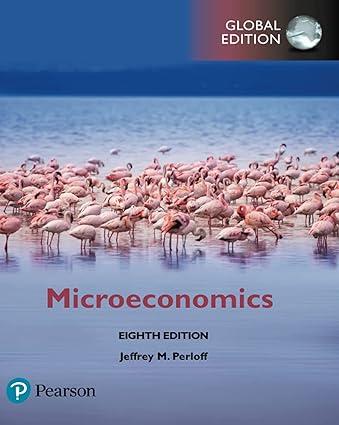Diego runs a store for Mateo, the owner. Suppose that the inverse demand curve for the store's
Question:
Diego runs a store for Mateo, the owner. Suppose that the inverse demand curve for the store's product is \(p=160-0.1 Q\), where \(Q\) is the quantity demanded and \(p\) is the price per unit. The cost to Diego of running the store is given by the function \(C(Q)=20 Q\).
a. If Mateo and Diego share the profits equally, what is the profit-maximizing quantity, price, and payoff for each?
b. If Mateo takes \(50 \%\) of the earnings, what is the profit-maximizing quantity, price, and payoff for each? Is joint profit maximized?
c. If Mateo charges Diego a fixed license fee of 30,000 to run the store, what is the profit maximizing quantity, price, and payoff for each? Is joint profit maximized?
d. If Mateo and Diego share the earnings equally, what is the profit-maximizing quantity, price, and payoff for each? Is joint profit maximized?
Step by Step Answer:






